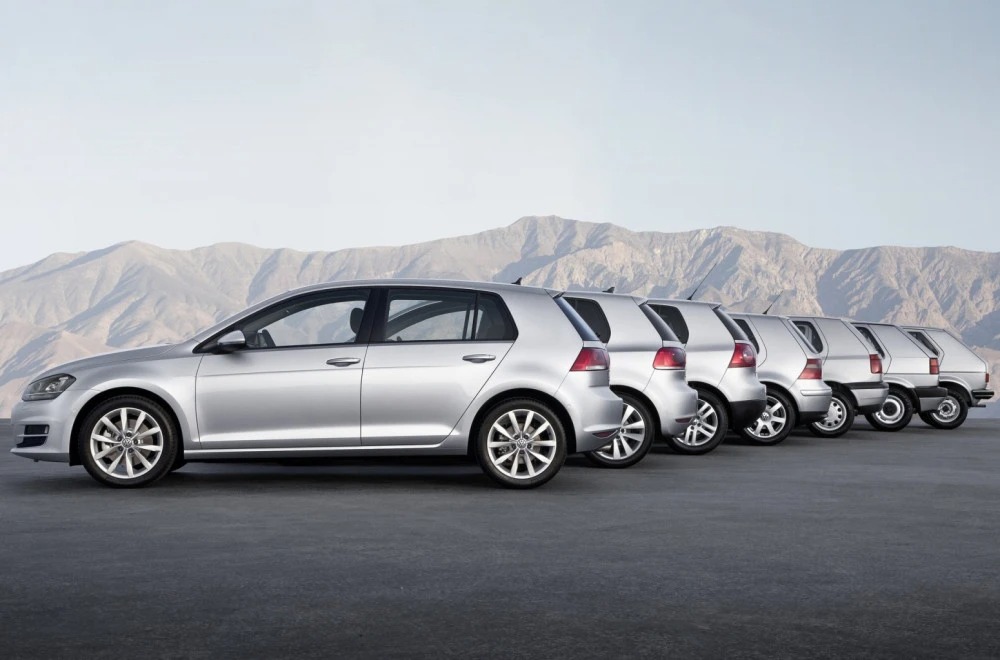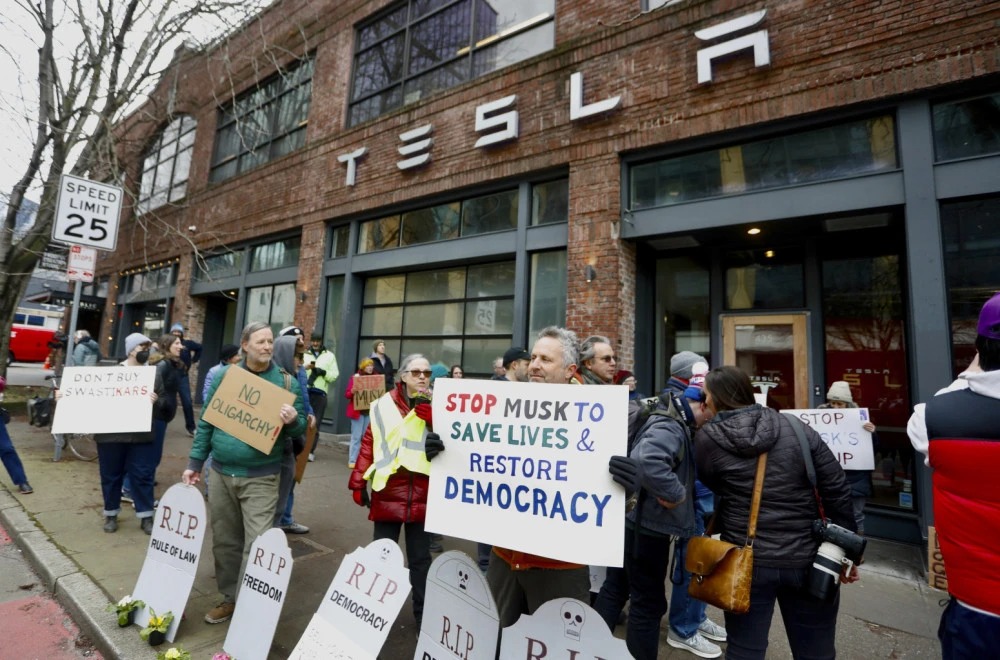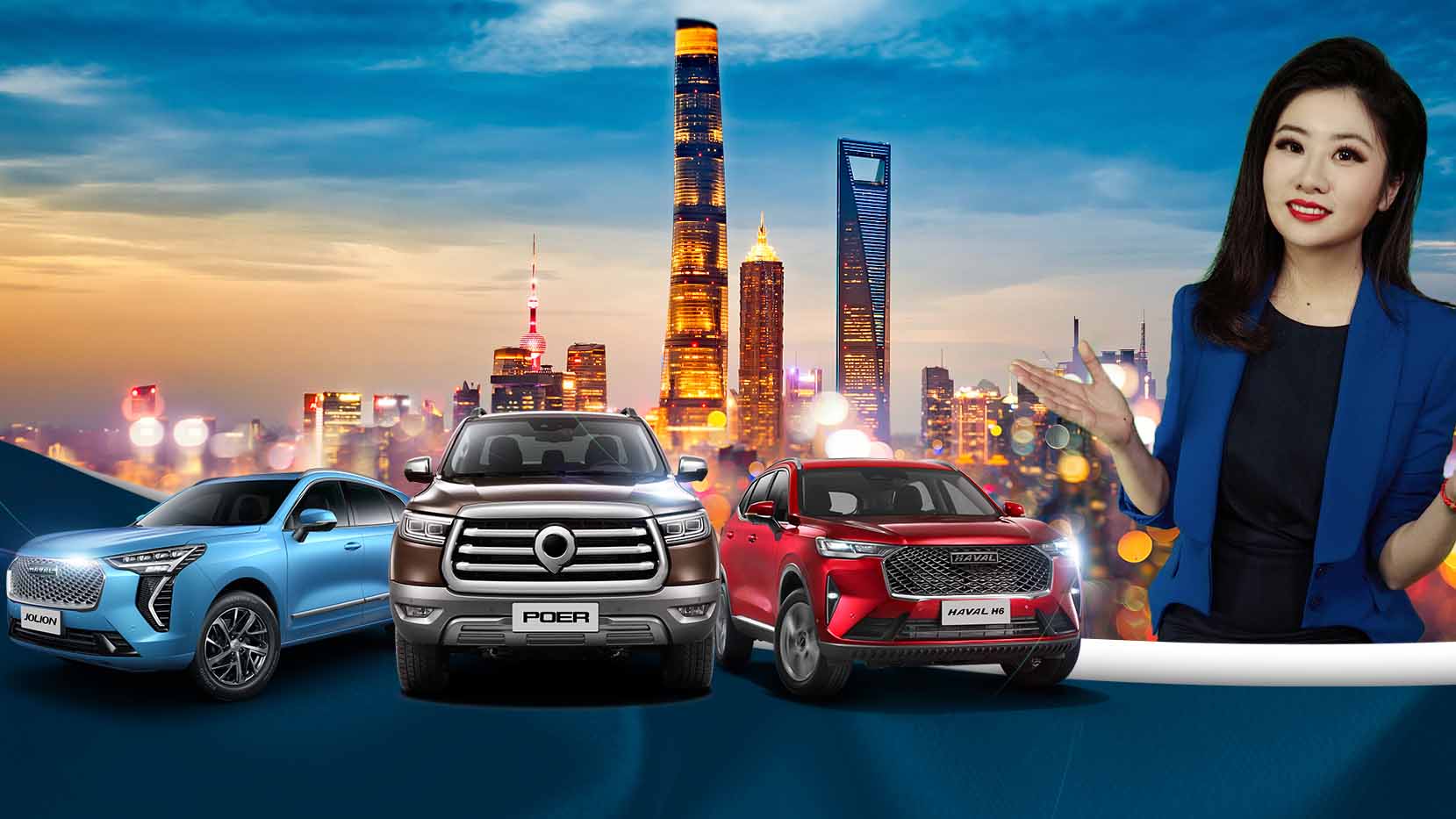
Chinese Electric Cars: The Competition Is Ruthless
Chinese Electric Cars: The Competition Is Ruthless
At the most important Chinese automobile fair, everything revolves around electric innovations. More than 100 new models are expected in Shanghai, mostly electric-powered.
The China Association of Automobile Manufacturers is optimistic: during this year, the share of electric cars in new vehicle sales will easily surpass 50 percent. Internal combustion engine vehicles are rapidly disappearing from Chinese streets. Why is that?
The state is promoting the rise of electromobility. Electricity is "very cheap" in China, while oil is more expensive, says Cui Dongshu, an expert from the Chinese automobile association. For more than ten years, Beijing has subsidized the purchase of electric cars. Although direct purchase incentives have been abolished, tax breaks still exist.
Until the end of 2025, a 10 percent purchase tax will not have to be paid for electric cars. Many cities facilitate the registration of electric vehicles. In addition, the state quota for New Energy Vehicles (NEVs) obliges companies to produce an increasing share of electric and hybrid models, reports DW.
The success is tangible: in 2024, the NEV market share among new car sales reached around 47 percent, compared to 31.6 percent the previous year. At the same time, massive investments are being made in charging stations, battery swapping networks, and battery recycling.
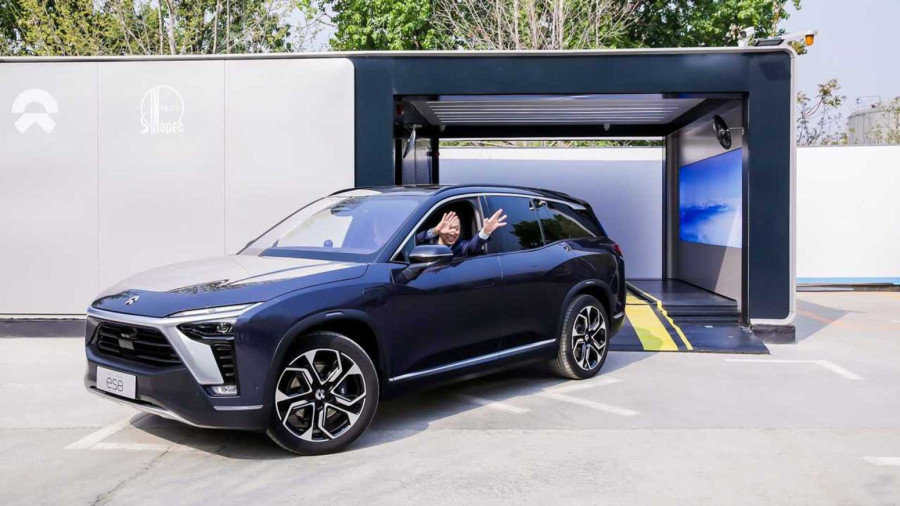
Fierce Price War
In addition, the competition is ruthless. Tesla's entryTesla's entry into the Chinese market in 2020 encouraged Chinese car manufacturers to innovate and optimize costs, says analyst Paul Gong from UBS Bank. An electric car in China now costs roughly half as much as in the Western world.
The price war has been ongoing for three years. Nearly all major manufacturers have recently reduced prices again or are attracting buyers with bonus programs. Consequences include lower margins, losses, and overcapacity. Bankruptcies are becoming more frequent.
In 2024, many ambitious startups were forced to shut down. In December, the joint venture Jiyue—launched by tech giant Baidu and automaker Geely—collapsed shortly after entering the market.
Before that, many manufacturers failed, leaving behind uncertain customers and cars without service support or software updates.
Chinese Brands in the Fast Lane
Among the clear winners is BYD from Shenzhen. With affordable electric models, the company hit the mass market taste. In the first quarter of 2025, BYD sold nearly 700,000 electric and hybrid vehicles in China. Its market share is around 29 percent—more than the next four largest manufacturers combined. BYD has surpassed not only Tesla but also traditional leaders in the internal combustion segment.
Li Auto is also recording significant growth. This company, specialized in urban SUVs, relies on so-called extended-range hybrids, where the electric motor drives the vehicle, and the internal combustion engine charges the battery. With this concept, the company doubled its sales in 2024 and now operates profitably. Among the successful ones is also Geely, which owns brands such as Zeekr and Lynk&Co.
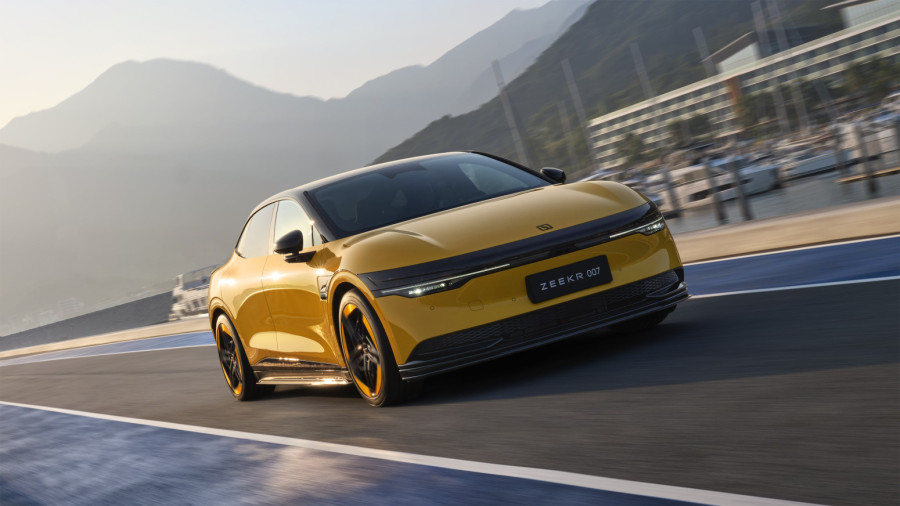
Chinese brands are increasingly aiming to enter foreign markets. In Germany, for example, BYD and Nio are already present. They are also expanding into South America and Southeast Asia. However, due to fears of market flooding with cheap Chinese cars, the EU and even Russia—a close Chinese partner—have tightened trade barriers. Experts expect that Chinese EV exports will grow more slowly this year.
Constant New Market Players
Large tech companies are also disrupting the market in China. Xiaomi, known for smartphones, successfully launched its first electric sedan, the SU7, in 2024. Xiaomi relies on the principle of "a lot of technology for little money." Huawei is also active, providing software solutions for at least seven car manufacturers. In Huawei stores, cars stand right next to smartphones.
Foreign manufacturers are under immense pressure. Their electric models often play a minor role. The continuous decline of German brands in China, according to automotive industry expert Zhong Shi, is partly due to their own shortcomings.
"German cars can certainly retain some market share in China, but that depends on who wins—Volkswagen or BMW and Mercedes," he explains. Cars from these three companies are seen by buyers as outdated.
Manufacturers are now more focused on the needs of Chinese consumers. Connectivity and digital dashboards are in demand—a smartphone on wheels. Analyst Gong advises foreign companies not to view China solely as a production hub but as a global center for research and development.
Continuous Innovation
After the electric car boom, autonomous driving is coming into focus. At the end of March, a fatal accident occurred involving a Xiaomi car in autopilot mode.
Three passengers died when the car crashed into a concrete pillar on a highway and caught fire. The incident sparked a debate in China about the safety of self-driving systems. The government is now warning manufacturers not to overstate the capabilities of their assistance systems.
According to industry forecasts, by 2026, more than 60 percent of all new cars sold in China will be electric.




